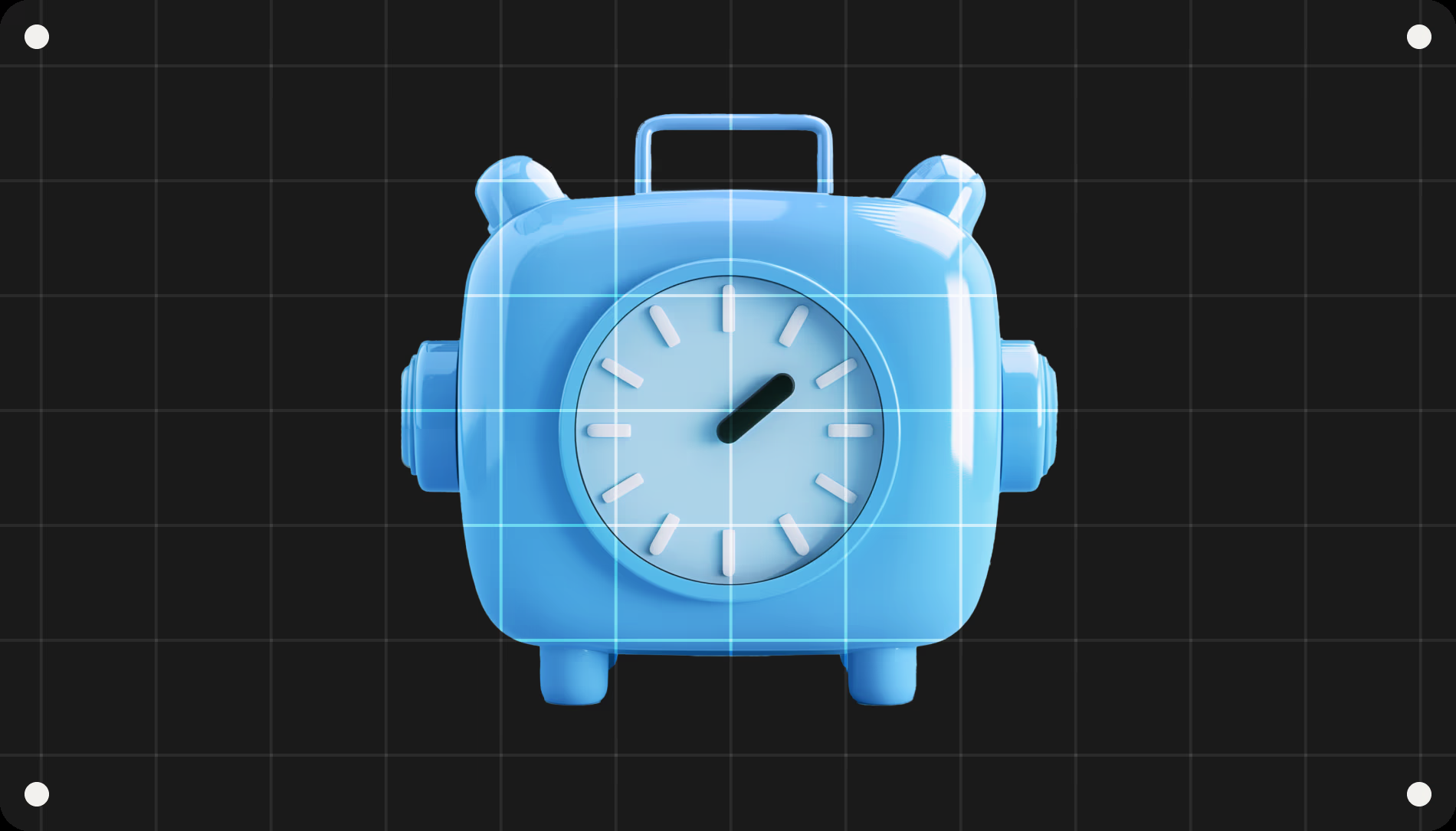

CSS, or Cascading Style Sheets, is a web development language used by 97% of websites today. First introduced in 1996, it is a must-have skill for any web or mobile developer alongside HTML (HyperText Markup Language), since the two make it possible to build and design pages.
While it’s helpful to learn HTML before CSS, you can totally tackle both at the same time. In this article, we share everything you need to know about mastering CSS — from how long it typically takes beginners to how difficult it is — and we share some helpful tips for building up your expertise.
What is CSS?
Both CSS and HTML are core languages of the open web, and learning them provides a solid foundation for studying more complex languages like JavaScript, Python, Ruby, and C++. Specifications for CSS are maintained by the World Wide Web Consortium (which also provides a free validation tool for checking the syntax of CSS and HTML documents).
The importance of CSS in web development
Before CSS, web pages were presented as plain text, images, and links to other hypertext pages. No layout or styling, just a single column of paragraphs. Then, when CSS debuted in 1996, it became possible to control fonts, background colors, and contain elements in boxes.
Web development has come a long way since then, but CSS still plays an essential role in making web pages easy to read, beautiful to look at, and optimized for search engines. Now on its third version, CSS is a versatile technology that continues to be a core web developer skill.
As you become an expert in CSS, you’ll be able to use it to:
- Enhance aesthetics (e.g. layout, spacing, positioning, etc.)
- Optimize for SEO (thanks to clean, well-organized code bases)
- Improve load times (since browsers download the CSS only once)
- Create responsive design (so pages adjust to different screen dimensions/orientations)
- Ensure cross-browser compatibility (since CSS offers a standard method for styling)
- And more!
How long it takes to learn CSS
Like with any programming language, understanding CSS takes both patience and practice. And the time required for this depends on many factors, but most people are able to master the fundamentals of CSS within two or three weeks of dedicated study.
Your own CSS timeline might be affected by one or more of the following:
- Study schedule. If you only have an hour or two a day to devote to CSS, it will take you longer to learn how to code than somebody who dedicates seven or eight hours every day.
- Educational path. Self-led study typically takes more time than a self-paced online course or even a bootcamp, since you’re building the curriculum solo.
- Coding experience. Beginners will need to build up basic coding skills as they go, whereas someone already fluent in HTML will likely learn CSS more quickly.
How hard is it to learn CSS?
While HTML is fairly easy to learn and work with, CSS has a steeper learning curve. But don’t let that discourage you.
Another important consideration is mindset. How you handle frustration and failure ultimately affects your CSS learning experience. By staying curious and being kind to yourself as you learn increasingly complex topics, your journey to CSS mastery will be all the more rewarding.
How to learn CSS faster: Tips for efficient learning
Whether you’re a college student taking CSS classes or a working professional ready to switch careers, there are many ways you can learn CSS more quickly. The following six tips provide both free and paid ideas, making them accessible to learners of every budget.
Look at practical examples
You can learn a lot by inspecting the code of existing websites. To do this, simply use Google Chrome’s Developer Tools to view any web page’s code. And if you’re worried that you might break something, it’s okay — taking a peek won’t hurt anything.
Build a project (or two)
Putting knowledge into action by coding a web page will help you work through CSS concepts and build familiarity with the language. Start small and work your way up. A single page is a great way to practice CSS coding skills.
Find an accountability buddy
According to research from The American Society of Training and Development, people are 65% more likely to meet a goal after committing to another person. A mentor, friend, or teacher can help keep you motivated.
Play coding games
Most IT skills can now be practiced in fun, gamified ways. There are many coding games that can help you practice CSS, including Flexbox Froggy, where you move and align different frog characters on a board using only code.
Read free resources
To augment online CSS courses or coding bootcamps, it helps if you familiarize yourself with free, high quality CSS resources. TripleTen experts recommend MDN Web Docs (Mozilla Developer Network Docs), since it includes tutorials, code examples, and more.
Join a bootcamp
A bootcamp offers a curriculum designed by experts to help you train in the most efficient and effective manner possible. Most are self-paced and offer additional support, such as office hours with instructors, line-by-line code review, career prep, and more.
Should you learn HTML alongside CSS?
Since you need both CSS and HTML to code a web page, it can be helpful to learn them at the same time. Ultimately, it depends on how much room you have in your schedule and which educational path you’ve chosen to achieve your career goals. For example, a college program might teach both languages progressively, while a bootcamp might teach them simultaneously.
Learning CSS at TripleTen
Ready to start learning CSS today? In TripleTen’s Software Engineering Bootcamp, you’ll learn the basics of HTML and CSS within the first week. By graduation, you’ll have all the skills needed to land your first entry-level role in web development or front-end engineering, plus the career prep to help you rock your job search.


.avif)




.jpg)

.webp)

.avif)



